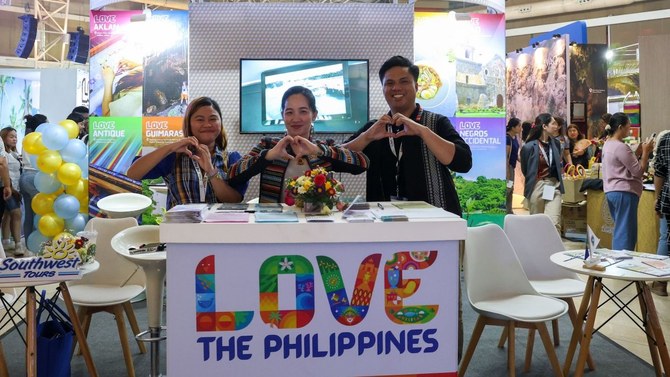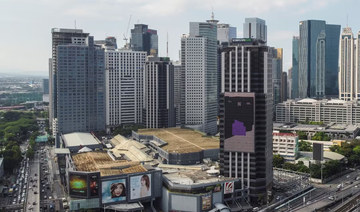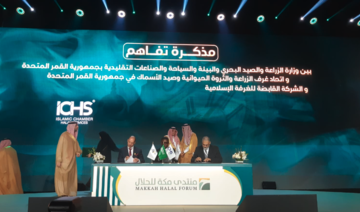MANILA: The Philippines is working to cater more to Muslim tourists, officials have said, with efforts underway to increase halal accreditation of hotels and restaurants in the country.
Tourism is a key sector for the archipelago known for its white sandy beaches, diving spots and diverse culture, having contributed nearly 13 percent, or about $44 billion, to the Philippines’ gross domestic product in 2019.
The Department of Tourism has lately been trying to attract more Muslim tourists from around the world, particularly by ensuring halal certification in restaurants.
“All the regions (in the Philippines) are working … to be Muslim-friendly … Throughout the country, we are doing the same … We continue to encourage our restaurant-owners to be Muslim-friendly and eventually put up their own halal kitchen,” DOT Undersecretary Myra Paz Abubakar told Arab News over the weekend.
The predominantly Catholic Philippines — where Muslims constitute about 10 percent of the nearly 120 million population — has also been working to develop its overall domestic halal industry by 2028, with plans to double the number of its halal-certified products and services.
Earlier this month, the tourism department led a delegation to the Arabian Travel Market in Dubai, where they promoted the country’s best tourism to the international market at a time when tourist arrivals have been increasing from the Middle East.
The Philippines welcomed more than 2 million international travelers since the beginning of the year, according to official data, including a 10 percent increase in visitors arriving from Gulf countries, especially Saudi Arabia and the UAE, which has been among the Philippine government’s key emerging-market targets.
But the Southeast Asian country is also eager to attract international Muslim visitors beyond the Gulf, Abubakar said.
“DOT is not only targeting the Middle East market but our neighboring countries as well such as Brunei, Indonesia and Malaysia,” she said, citing Muslim-majority countries in the region.
The Philippines was recognized with the Emerging Muslim-friendly Destination of the Year award last year at the Halal in Travel Global Summit held in Singapore.
Since then, the Muslim market has been a priority for the country’s tourism sector.
“We’re preparing to certify Muslim-friendly hotels and restaurants … We’re trying to be ready especially with the food because we know that the food, the halal certification, is very important,” DOT regional director Marie Elaine Unchuan told Arab News.
The Philippines, which has Southeast Asia’s third-largest Muslim population, is preparing itself to be as halal-friendly as possible, as during international tourism fairs Philippine officials often get asked about the country’s readiness to host Muslim travelers, she said.
“That was one of the questions … Do we have halal-certified restaurants, and do we have Muslim-friendly hotels? So, we’re really working on it. We’d rather be very prepared so that we can market more.”
























